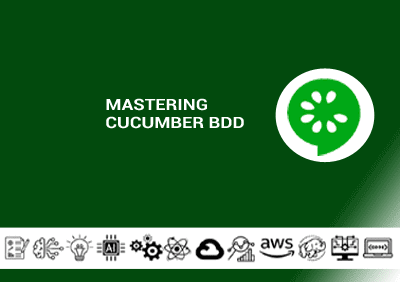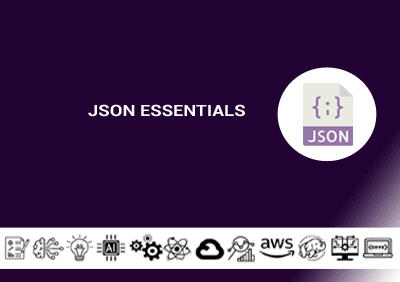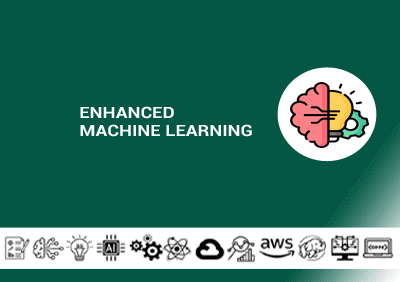- Overview
- Prerequisites
- Audience
- Curriculum
Description:
Rust is one of fastest growing programming languages that is used by several companies to develop web browsers, game development, blockchain, networking and networking services, cloud infrastructure and much more. In this one-day course is designed to provide participants with a rapid introduction to Rust programming language. It covers essential concepts and practical skills required to get started with Rust development. Students will write/examine Rust code to understand the data types, control structures, memory management, error handling and many other features of Rust programming language.
Duration: 1 Day
Course Code: BDT306
Learning Objectives:
After this course, you will be able to:
- Understanding Rust Fundamentals
- Working with Data Types and Variables in Rust
- Learn about Control Structures and Functions
- Understand Memory Management and Ownership in Rust
- Understand Error Handling Strategies in Rust
- Explore Concurrency in Rust
Must have experience with at least one programming language.
This course is designed for anyone interested in getting started with Rust Programming: System Programmers, Software Developers, QA Engineers.
Course Outline:
1. Understanding Rust Fundamentals
- Why use Rust?
- Key features and benefits in Rust
- Write Hello World! program
- Lab: Set up Rust Development Environment
2. Working with Data Type and Variables
- Using primitive data types
- Compound data types: tuples, arrays, vectors, slices
- String, &str and String literals
- Understanding mutability in Rust
- Lab: Code covering above topics
3. Control Structures and Functions
- Using conditional statements
- Utilize looping constructs: for, while
- Calling functions, passing parameters and return values
- Lab: Code covering above topics
4. Memory Management and Ownership
- Understanding concept of ownership in Rust
- Differentiate between mutable and immutable references
- Working with Move, Clone, Copy
- Understanding lifetime and borrowing rules
- Lab: Use structs to understand above concepts
5. Error Handling in Rust
- Understand the importance of error handling in Rust
- Employ Result, Option types for error management
- Learn to catch errors
- Lab: Code covering these topics
6. Explore Concurrency
- Basics of concurrent programming
- Create and manage threads using std::thread module
- Implement synchronization mechanisms, such as Mutex and Arc
- Lab: Code covering these topics
Training material provided: Yes (Digital format)
Hands-on Lab: Instructions will be provided to install Rust Programming tools, also students should install Visual Studio Code.



